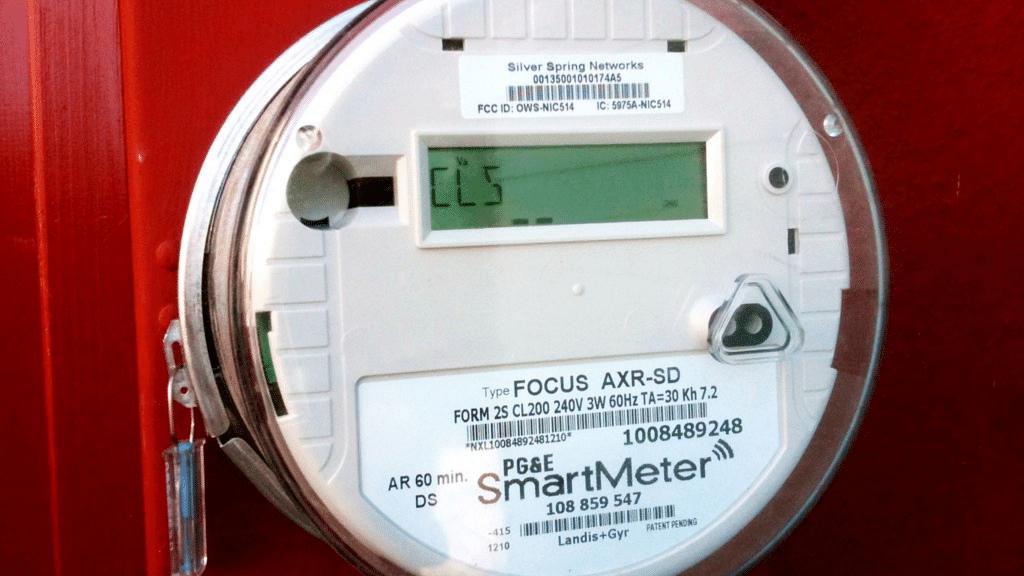New Delhi: A study by Council on Energy, Environment and Water (CEEW) found that nearly 50 per cent consumers reported improvements in billing regularity since switching to smart meters. The report stated that India has installed 5.5 million smart meters, of which 97 per cent are deployed in 12 states and Union Territories.
According to the study released at the ‘National Dialogue on Smart-metered India for a Digitalized and People-centric Power Sector’ by R. K. Singh, Union Minister of Power, New and Renewable Energy, 60% of smart metre customers in six Indian states were satisfied with their billing and payment processes and were also likely to recommend prepaid smart metres to friends and family.
The report, financed by Bloomberg Philanthropies and the MacArthur Foundation, also found that just 20% of consumers were dissatisfied with the smart metres placed, while the remaining 20% were neutral. A flawless smart metre installation was likewise reported by 92% of users.
Urban households prefer smart metres
The CEEW report is based on a survey of approximately 2,700 urban households, including 1,200 prepaid and 1,500 postpaid customers from six Indian states, 18 districts, and ten public discoms. These six states account for 80% of all smart metres installed in India.
According to the report, almost 30% of prepaid users of smart metres recharged more than once a month, with Uttar Pradesh having the greatest percentage at 38 per cent. More than a third of consumers in six states also claimed co-benefits such as increased control over electricity bills, a decrease in electricity theft, and enhanced power supply to the community.
Of the states polled, Assam has the greatest proportion of consumers who are satisfied and believe that smart (prepaid) metres have given them more control over their electricity bills. Bihar has the highest awareness and uptake of the smart metre app (80%), owing to intensive consumer engagement activities.
Gap in digital literacy: A hindrance
The CEEW survey also identified consumer issues associated with the statewide installation of smart metres. Owing to gaps in digital literacy and a lack of awareness of smart metre apps, many users rely entirely on SMS updates, which do not provide a breakdown of bills. As a result, 70% of consumers want to keep receiving paper bills. In addition, barely half of consumers were aware of smart metre mobile apps, and only 45% used them. Bihar has the highest app usage with 80%, followed by Assam at 47 per cent. Nonetheless, app usage was exceedingly low in Haryana with only 14% followed by Madhya Pradesh at 13%.
The study also found that 63% prepaid smart metre customers were more happy than postpaid customers. Yet, due to a lack of understanding, status quoism, and the fear of disconnection, relatively few postpaid subscribers were willing to move to prepaid mode. The report stated the need to make metering infrastructure more consumer friendly and accessible to spread sustained awareness about the benefits of smart meters.
Also read: Spying, cocaine, money-laundering, historic losses: The sordid tale of the fall of Credit Suisse
